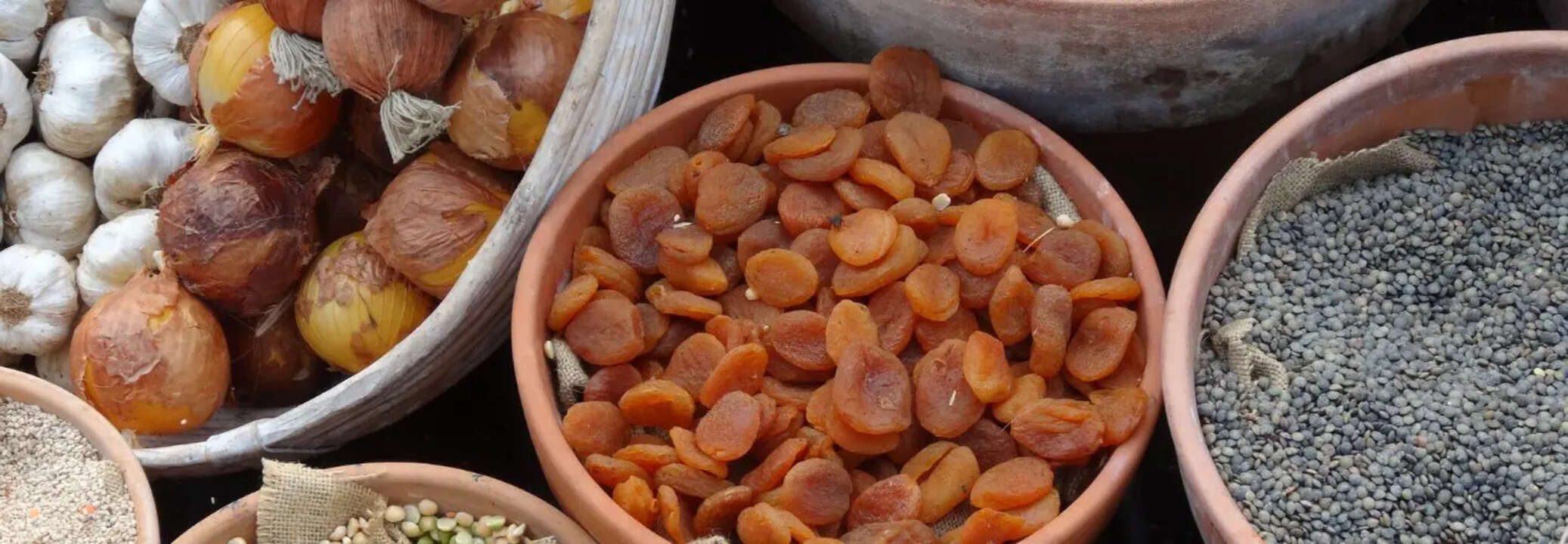Can Apricot Seeds Relieve Cancer Symptoms?

Apricot Seeds (Credit: Canva)
SummaryInterest in apricot seeds stems from the presence of amygdalin, a compound that, when metabolized in the body, can release cyanide. This compound was initially believed to have anticancer effects.
End of Article
